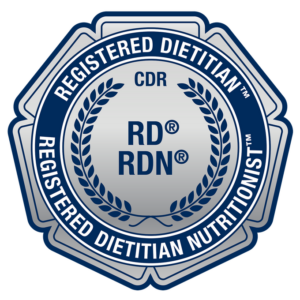You’re probably aware that common seeds such as sunflower seeds and pumpkin seeds offer health benefits. Seeds are a good source of plant-based omega-3s and minerals like magnesium and zinc as well as cell-protective antioxidants. These seeds are so nutritious that they’re sometimes referred to as “super seeds.”
Flaxseed, chia seeds, and hemp seeds are commonly referred to as “super seeds”. When you eat seeds, you absorb the nutrients and put them to use. Hemp, flax, and chia all embody the nutrient-dense power of seeds.
Flaxseeds are special due to being a good source of short-chain omega-3 fatty acids. Long-chain omega-3s, from fatty fish, are often praised for their anti-inflammatory benefits. Flaxseed contains a short-chain, plant-based version of omega-3s. Unfortunately, only a portion of the short-chain omega-3s you take in through diet can be converted to long-chain omega-3s, the form that potentially offers the most health benefits – but you do get some conversion. Flaxseed is a good alternative source of omega-3s for anyone who doesn’t consume fish. This super seed is also high in fiber, something most people do not get enough of!
Chia seeds are a rich source of short-chain omega-3s and are high in fiber, similar to flaxseeds. A single tablespoon boasts 4 grams of heart-healthy fiber. Unlike flaxseed, you don’t have to grind chia seeds to get the health benefits.
Hemp seeds are known for them being higher in protein than other super seeds and you still get the benefits of the short-chain omega-3s in hemp. Hemp seeds are also a good source of minerals, including magnesium.


